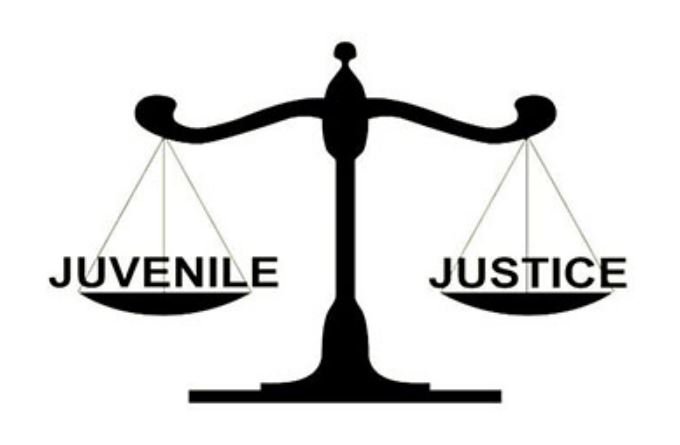After the independence of India, the constitution provided some provisions under the fundamental rights and Directive principles of state policy to protect children. According to the Children Act 1960 passed by the government of India, those children who are imprisoned, are provided with care, training, education, and protection.
This act is only applicable in Union Territories. Observation home while the court proceedings, a home for neglected children, a school for delinquent children are the three tiers of this act. Juvenile justice act 1986 came into force to provide a standard for protection of juveniles as per the 1959 United Nations declaration of the child.

In 2006, certain amendments were made in the Juvenile Act to make clear that juvenility is considered from the date when a crime is committed. It also mentions that in no condition juvenile can be put in jail or police station lockup. The metropolitan magistrate or judicial magistrate reviews the pendency of the board every six months.
Juvenile Justice (care and protection of children) Act, 2015 came into force and it replaced the Juvenile Act 2000. This act was passed by the parliament after much controversy and protest. It has introduced many changes in existing law. This act allows juveniles involved in the heinous crimes age group between 16-18 are treated as adults. Making the juvenile justice system more responsive and according to the changing circumstances of society gives this act more power and function to the juvenile justice board.
Recently, parliament passed the juvenile justice (care and protection) Amendment Act 2021 to provide strength to the provision of protection and adoption of children. There are many adoption cases unsettled before the court and to make proceedings faster, the power is being transferred to the district magistrate.
Previously adoption of the child was final on the issue of adoption order by the civil court. Amendment provides that the district magistrate has the authority to issue such adoption orders. A large population of children who committed any crime comes from poor or illiterate families. The juvenile justice system focuses on the education of the children rather than punishing them.


